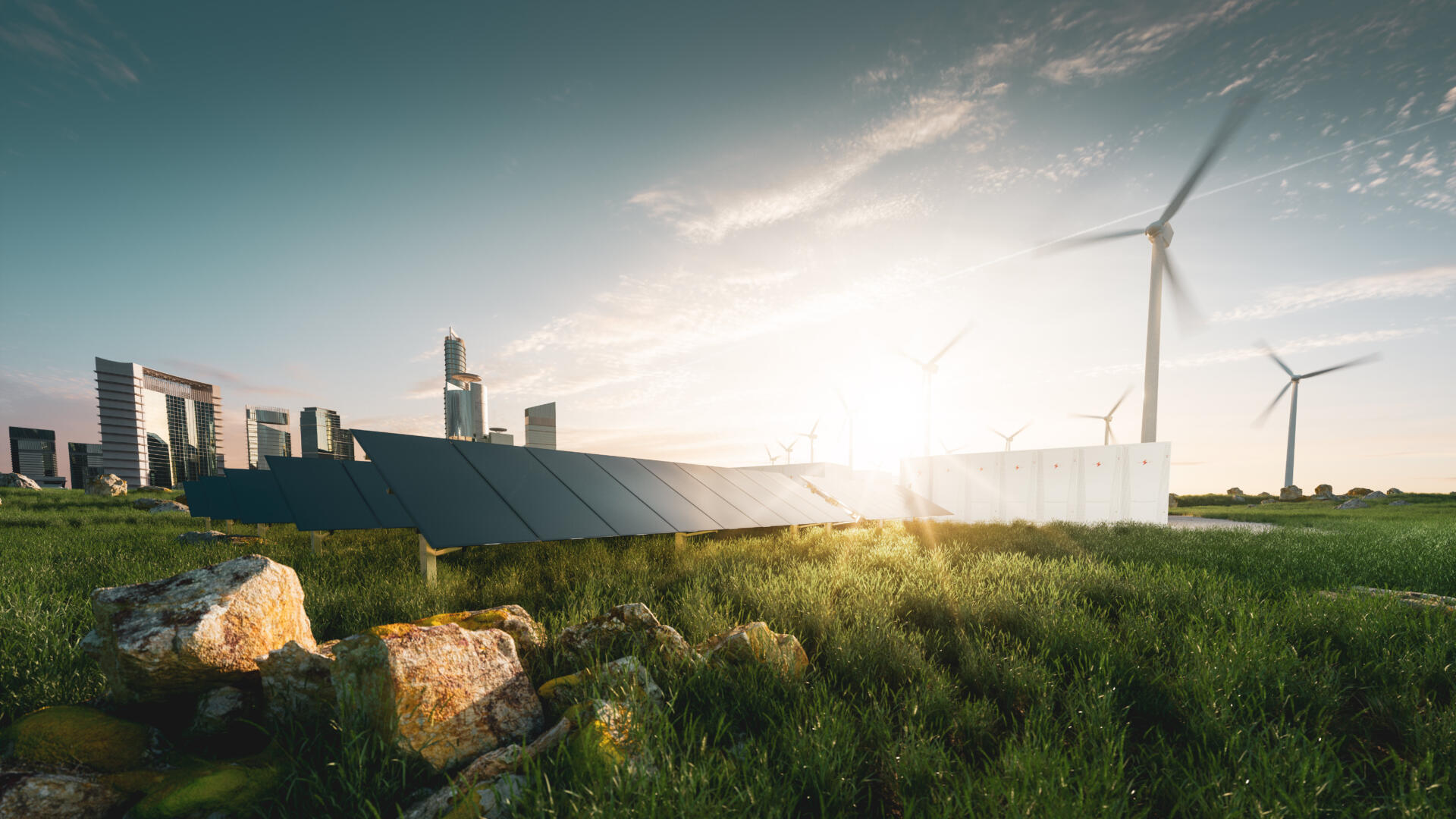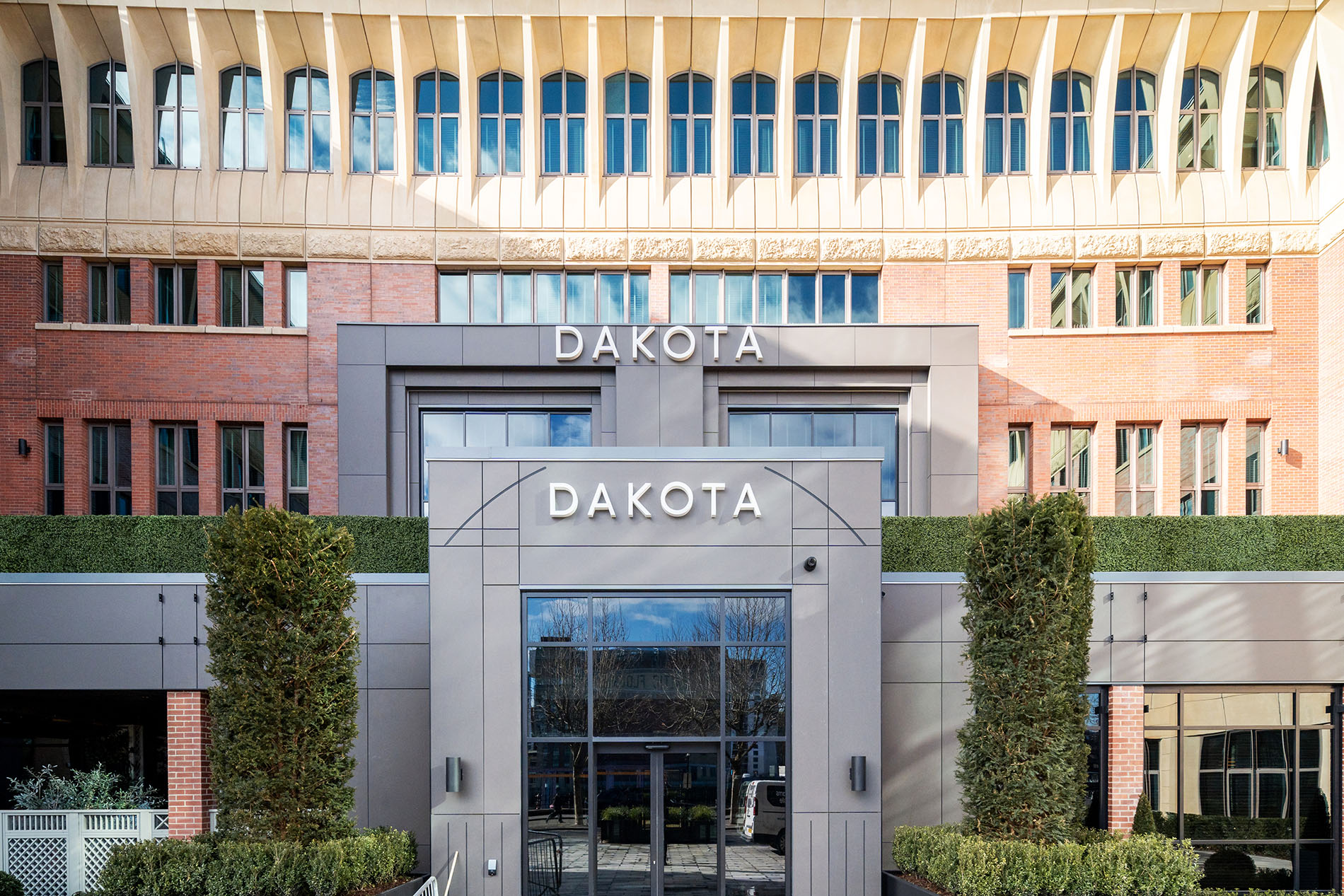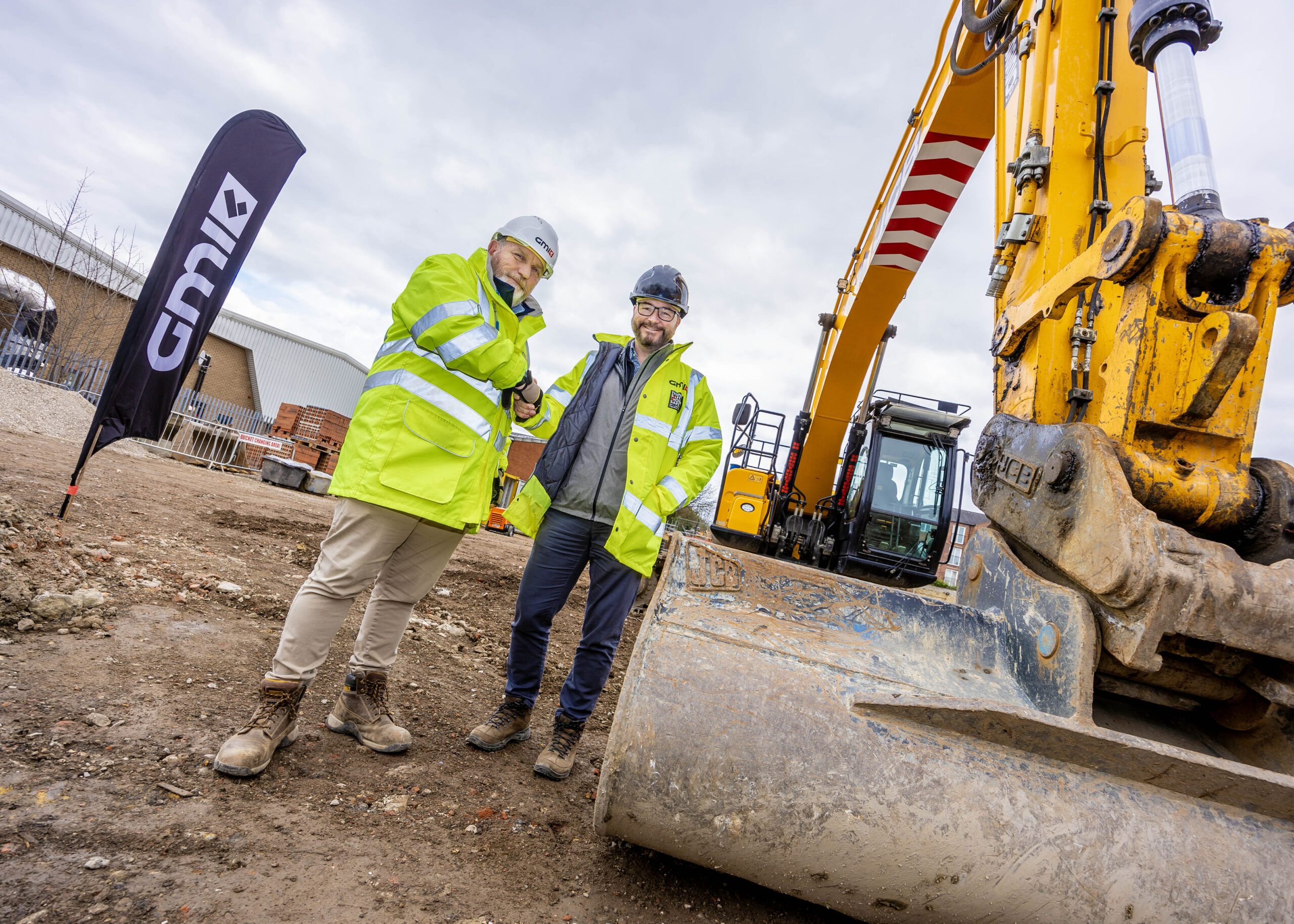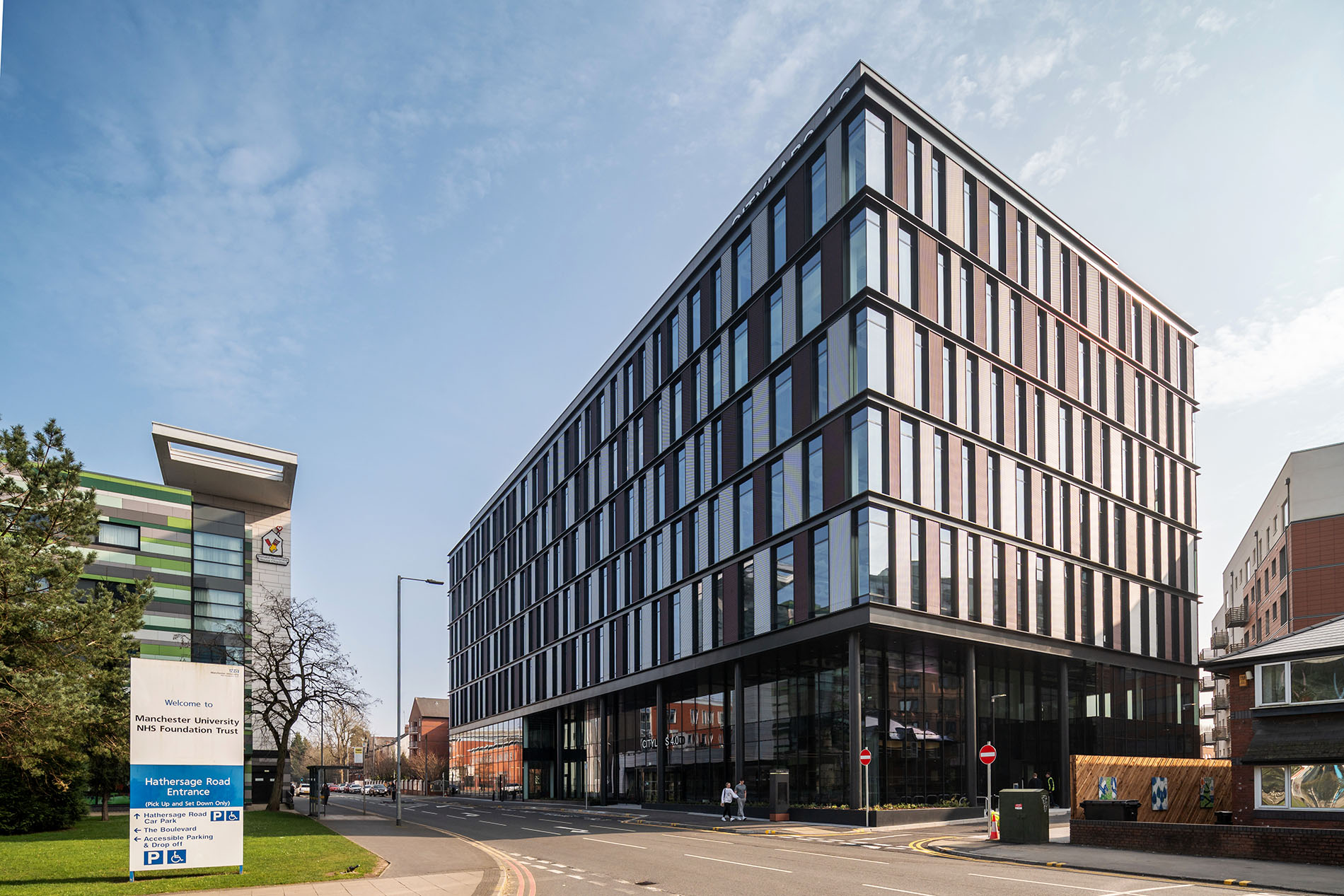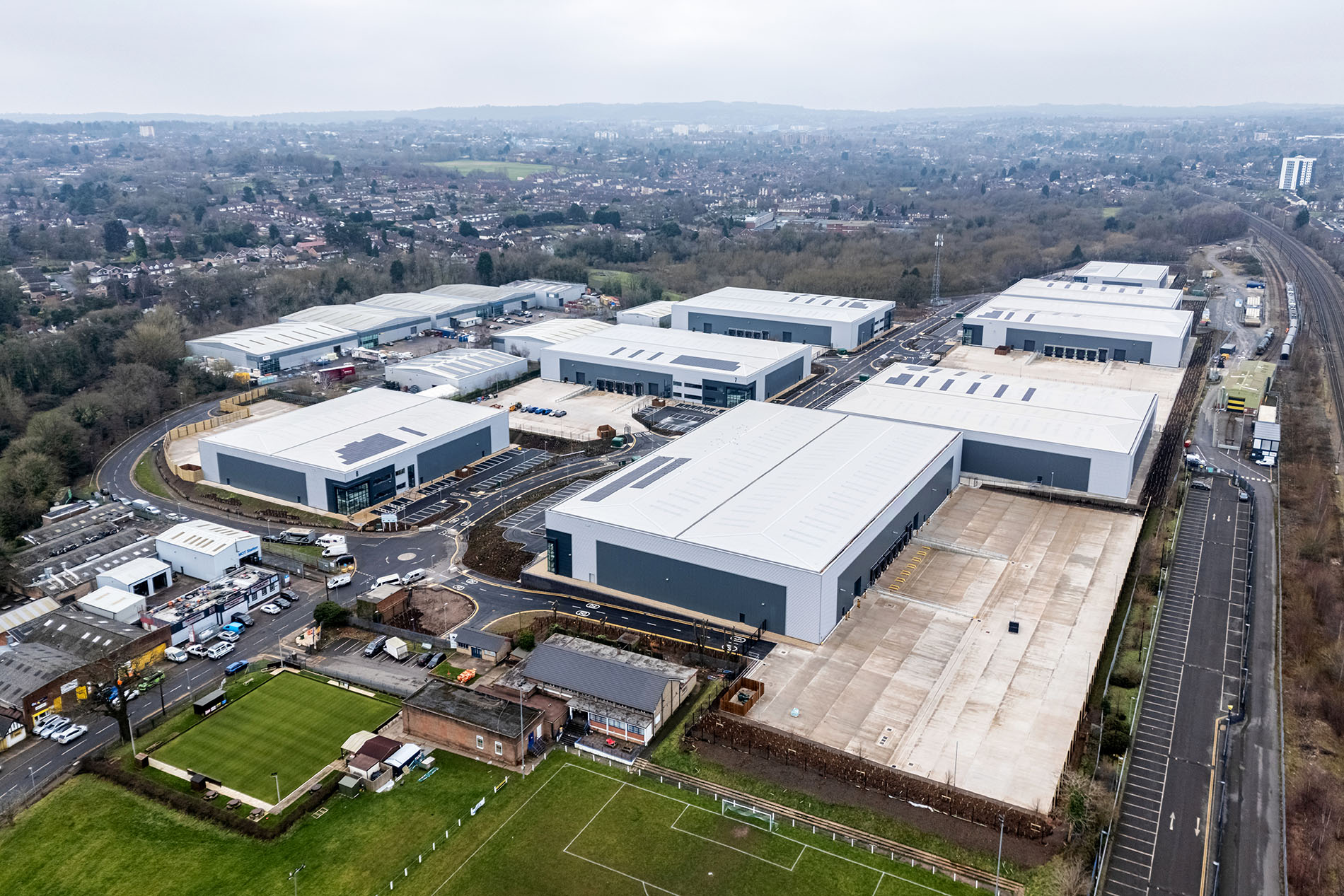In the latest GMI Blog, Associate Director of Marketing, Ian Cheveau, asked Director of Safety, Health and Environment, David Perks, why sustainability and the green agenda is so important for business.
IC: Why do construction companies like ours need to take note of green agenda issues and be on the journey to Net Zero by 2023; and why does that agenda have a significant impact on the environment, society, and the economy.
DP: Environmental Impact: The construction industry is a significant contributor to environmental degradation, including resource depletion, pollution, and greenhouse gas emissions. Green agenda issues, such as climate change, resource conservation, and biodiversity loss, require construction companies to adopt environmentally responsible practices that reduce their impact on the environment.
There’s also the question of regulatory compliance. Governments around the world are enacting regulations and policies that require construction companies to comply with environmental standards. Failure to comply can result in fines, legal action, and damage to a company’s reputation.
IC: What about market demand?
DP: Consumers and businesses are increasingly demanding environmentally responsible products and services. We are seeing this more and more at the tender process. Construction companies that fail to adopt green agenda issues risk losing market share to competitors that are more sustainable. It’s something we are looking at all the time. Cost Savings come into play here too and by adopting sustainable practices can also result in commercial savings. For example, energy-efficient buildings can lower operational costs, while the use of recycled materials can reduce material costs.
IC: We are seeing more and more companies following the example GMI Responsible Business has set in the industry, does this fit with the sustainability agenda?
DP: GMI, as well as our competitors, have a responsibility to contribute to society’s well-being. Adopting green agenda issues is a way for companies to demonstrate their commitment to social and environmental responsibility. We do it incredibly well and it all counts. This has been prevalent in our recent Considerate Construction Scheme score (which are industry leading).
In summary, construction companies need to take note of green agenda issues to comply with regulations, meet market demand, reduce costs, and fulfill their corporate social responsibility. By adopting environmentally responsible practices, construction companies can improve their environmental impact, enhance their reputation, and contribute to a more sustainable future.
IC: Materials and the sourcing of sustainable materials is a big part of this isn’t it?
DP: Yes, 100%. Sustainable construction materials are those that have a low environmental impact, are locally sourced, and are recyclable or reusable. This can include materials like bamboo, reclaimed wood, recycled metal, and low-VOC paints. The same applies with energy as we hit our targets by through design features like proper insulation, energy-efficient lighting and appliances, and the use of renewable energy sources like solar or wind power. At GMI we also look to minimise waste by reusing and recycling materials whenever possible. This can be achieved through careful planning, waste reduction strategies, and the use of sustainable materials. We see this strategy employed by every GMI site.
IC: Many companies like ours are committed to Net Carbon Zero by 2030. Can it be done?
DP: Achieving net-zero carbon emissions by 2030 is a challenging but achievable goal, although it will require significant efforts and investments across multiple sectors, not just the construction industry. We will need transportation, energy, and agriculture, for example, to all come with us.
To achieve net-zero carbon emissions by 2030, we need to reduce our greenhouse gas emissions to as close to zero as possible and then offset the remaining emissions through activities like afforestation, carbon capture and storage, and other carbon sequestration methods. We need to rapidly transition to renewable energy sources such as solar, wind, and hydropower and encouraging energy efficiency through building retrofitting, improved insulation, and energy-efficient appliances. That will make a difference, as will the promotion of electrification of transport, including electric vehicles and public transportation systems. We’re seeing more and more electric vehicle options in plant machinery and although it comes at a cost it’s something CCS monitors are looking at on visits.
